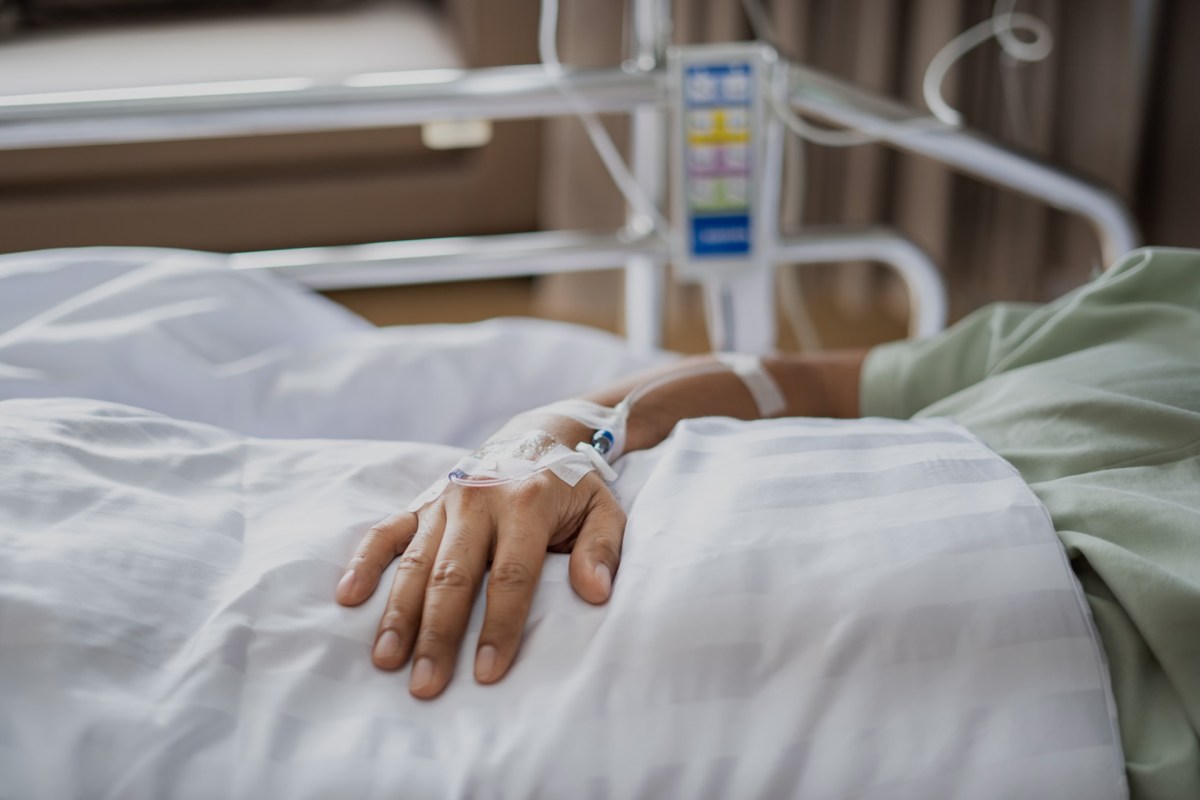In 2024, Rio de Janeiro is seeing a major spike in cases of dengue compared to 2023 levels, as reported by the BBC. This understandably caused a state of concern ahead of Carnival celebrations in February.
What's happening?
Dengue is a disease carried by mosquitoes. Symptoms of dengue include fever, rash, muscle spasms, and joint pains, which have led to it also being known as "break-bone fever."
While most dengue cases are asymptomatic and not fatal, there are still reports of 400 million cases per year, and an associated 40,000 deaths, according to the CDC.
Compared to the 2023 total number of cases of 23,000, the disease quadrupled in spread in January 2024 alone, according to the BBC. As of February this year, leading up to Carnival in Rio, 10,000 cases of dengue were reported.
Carnival sees massive crowds of people and an increase in visitors to Brazil, causing a heightened risk of dengue spread.
Why is the spike in dengue concerning?
Climate change has been a major factor in the increase of dengue cases.
"The record heat in the country and the above-average rainfall since last year, even before the summer, have increased the number of mosquito breeding sites in Brazil, even in regions that had few cases of the disease," Brazil's health minister, Nísia Trindade, stated in a New York Times report.
As the planet experiences rising temperatures, dengue-carrying mosquitoes will be — and have been — able to thrive in new regions like Europe and the U.S., which historically have not had dengue in the past.
What is being done about dengue?
In Rio, multiple precautions were rolled out to mitigate dengue cases during Carnival. There is a vaccine for dengue, which, although not widespread in Brazil, will be made available in highly populated cities to protect vulnerable people.
Rio has also opened 10 dengue treatment centers to increase access to care for those infected with the disease. "Early treatment makes all the difference," said Rio's health secretary, Daniel Soranz.
In general, Brazil is urging people to use repellent and to rid their homes of any stagnant water, which serves as a breeding ground for mosquitoes. Additionally, fumigators are spraying insecticides around the city.
Across the world, the focus on preventing and forecasting dengue has been significant as countries prepare to see cases increase.
Alongside the typical increase in education and awareness about dengue and how it spreads, some countries, such as Singapore, have begun releasing specially bred mosquitoes that carry a bacteria called Wolbachia into the wild, as the bacteria prevents viral transmissions of diseases like dengue, according to Time.
Overall, the dengue spikes worldwide signify the importance of continuing research into how to prevent the spread before an outbreak begins.
Join our free newsletter for cool news and actionable info that makes it easy to help yourself while helping the planet.









